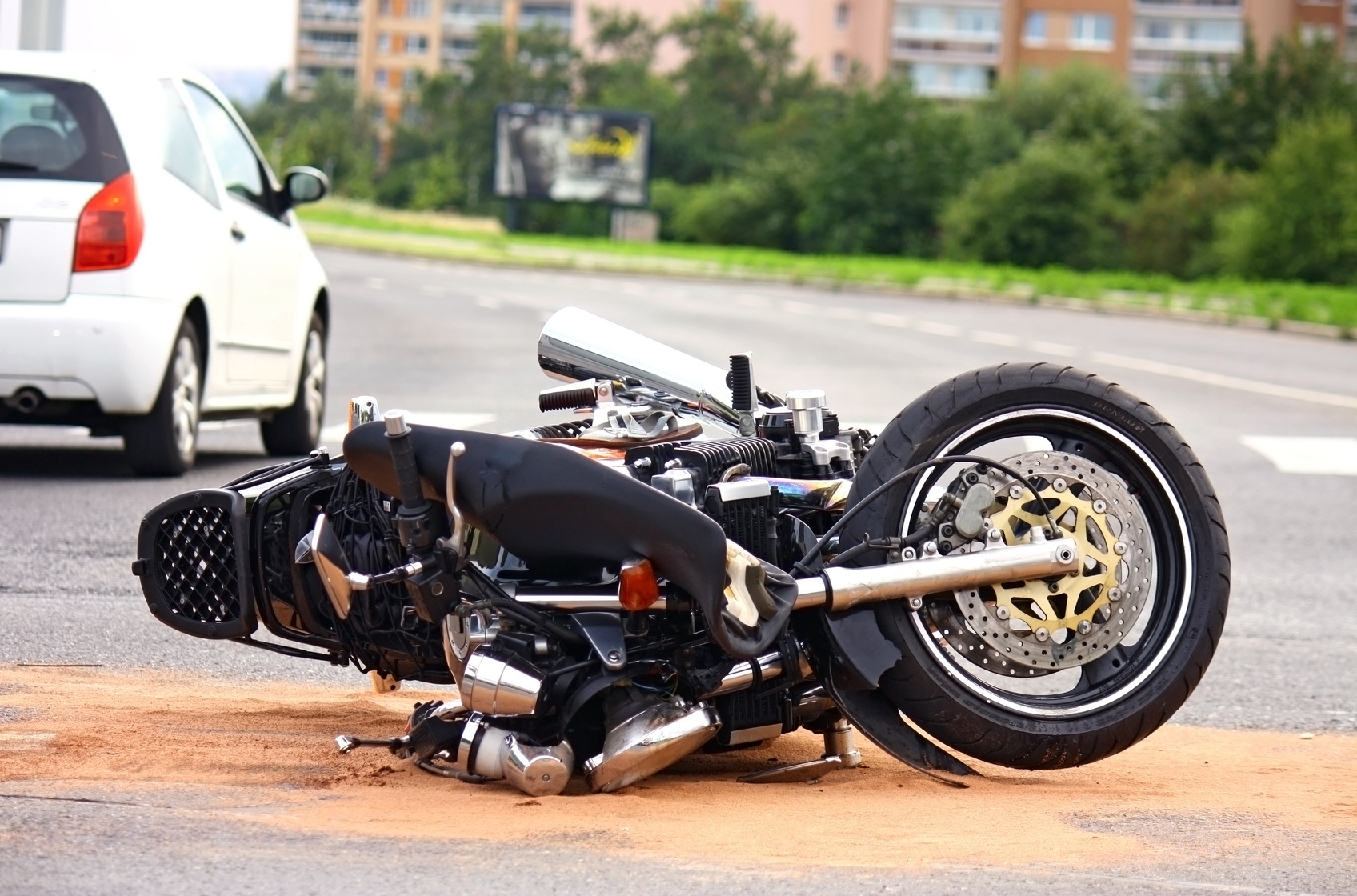
We all know the stereotypes behind motorcycles and the associated verbiage: risky, capricious, and dangerous. Being a smaller vehicle on the road poses many threats even if you drive defensively and use all of the proper signals.In Florida especially, slick roads from rain as well as constant bouts of construction are an ever-present threat that can cause a momentary loss of control. When that happens, what do you do?
While your options may be few and far between, there are things you can do and ways to minimize the chance of collateral and prevent a severe injury. That, and walk away with your life afterward.
Braking
If you feel you’re approaching a dangerous situation (such as a construction area) or a wall of traffic ahead on the road, make sure you are braking to lessen the risk of your front wheel locking up. This may seem obvious, but much like a car, motorcycles require an acclimation period in order to get used to the different mechanisms and weight distribution and how it affects your performance on the road. Many inexperienced riders fall victim to losing control due to a lack of this finesse, so don’t wait until you’re a car’s length away to brake.
Even if you are certain an accident is inevitable, do your best to lessen your speed as much as possible to alleviate some of the impact. Also, balance the rate of your braking—if you are too heavy-handed on your front lever, as previously mentioned, your front wheel can lock up. By using a combination of the back and front brake, you will avert your handlebars becoming locked as well—with that, you really increase the detrimental factors.
End Destination
There are multitudinous things going through your mind when control is lost while on your motorcycle, and it may be difficult to think of an end-point while in the heat of the moment. This is where being proactive has its perks and making a judgment call is necessary. Keeping in mind you don’t have control in this hypothetical situation, try to stray away from other cars or objects. If possible, steer yourself away from the road and onto the side of the highway or roadway.
Relax
This may appear to be a strange tip, but more than anything else, this is the one thing you can control in the event of a renegade motorcycle. How, you may ask? The majority of those involved in an accident grip the steering wheel or handlebars very tightly and tense their body in anticipation of impact.
While this is the body’s natural reaction, it can actually result in more injuries than if you were relaxed. If you are tense during impact, your body, in an effort to protect itself, will keep your muscles taut when the accident occurs, ricocheting your muscles and causing the potential for substantial damage. This makes it more difficult to evaluate your injuries and realize you even have an injury.
It’s nearly impossible to completely relax your body with adrenaline, but simply loosening your grip and taking a deep breath can make a difference if you are dislodged from your motorcycle or bail out of fear. In the unfortunate circumstance that you fall from your motorcycle and slide, staying relaxed and not fighting it will minimize your risk of severe injuries.
What to do Next
The moment you lose control and are involved in an accident is instant; in the blink of an eye – just like that. However, the aftermath remains long after the crash. That’s why it’s important to contact an experienced and compassionate motorcycle accident lawyer so they can lend their assistance. If you or a loved one has been injured in a motorcycle accident, contact us at Lowman Law Firm today for a free consultation.
